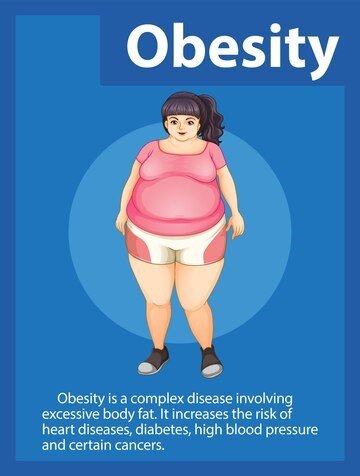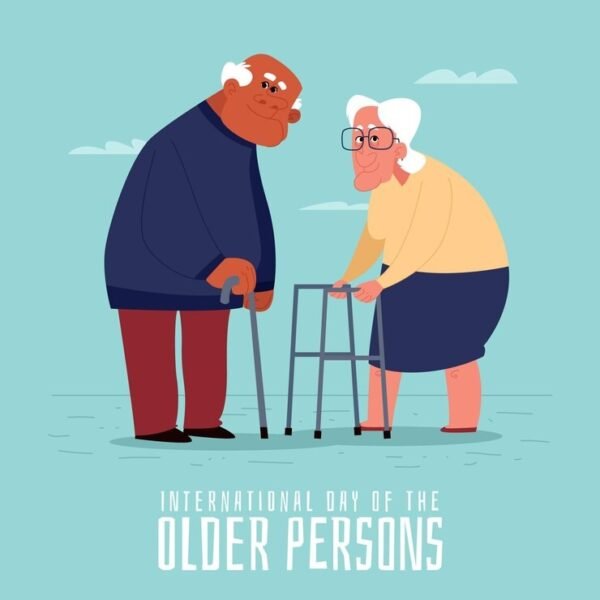In recent years, the obesity epidemic has emerged as a significant global health challenge, affecting individuals of all ages and backgrounds. Its roots extend beyond mere dietary habits and sedentary lifestyles, delving into complex socio-economic and environmental factors. Access to affordable and nutritious foods is a key determinant of obesity, with many communities facing limited options and relying on processed, calorie-dense alternatives. Additionally, the modern lifestyle, characterized by prolonged periods of sitting and screen time, further exacerbates the issue. Addressing the obesity crisis requires a multifaceted approach that encompasses education, policy changes, and community engagement. By promoting healthier eating habits, advocating for urban planning initiatives that prioritize active transportation and green spaces, and empowering individuals to make informed choices, we can begin to reverse the trend of rising obesity rates. Furthermore, tackling inequalities in access to resources and opportunities is essential to ensure that all individuals have the ability to lead healthy lives. Through collaborative efforts and a commitment to holistic solutions, we can work towards a future where obesity is no longer a pervasive threat to public health.
Recently Added Bricks









































